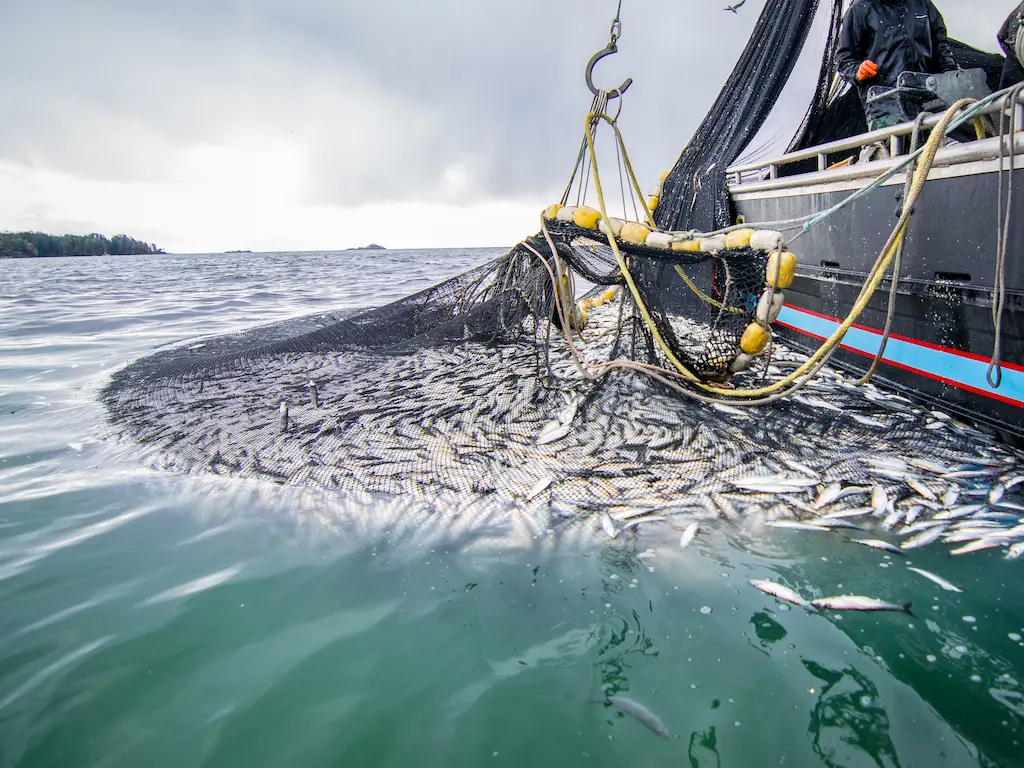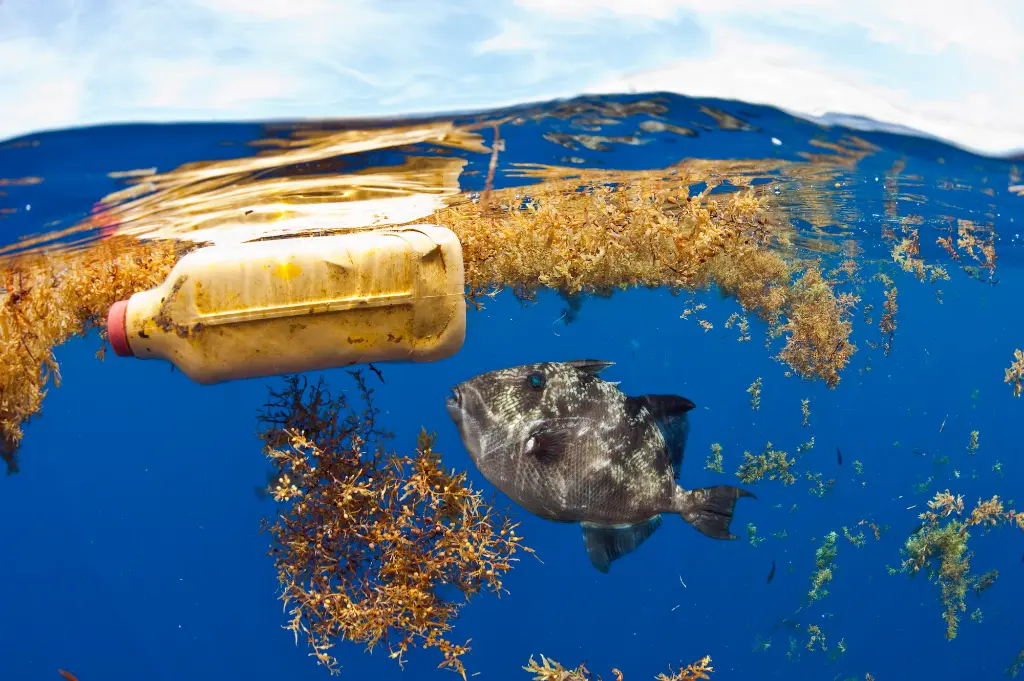Oceans are often overlooked when discussing climate change, yet they play a crucial role in regulating Earth’s temperature and weather patterns. Covering over 70% of our planet, they act as a massive heat sink and carbon reservoir, significantly impacting the global climate system.
Oceans: A Climate Regulator
The oceans’ ability to absorb and redistribute heat and carbon dioxide is fundamental to maintaining a habitable planet. Without their buffering capacity, climate change would be much more severe and its impacts far more immediate.
The Carbon Sink
Oceans act as a significant carbon sink, absorbing approximately 30% of the carbon dioxide (CO₂) released into the atmosphere by human activities. This absorption helps to mitigate the greenhouse effect and slow down the rate of global warming. The CO₂ is absorbed through several mechanisms, including:
- Direct absorption at the surface: CO₂ dissolves directly from the atmosphere into the ocean water.
- Biological processes: Phytoplankton, microscopic marine plants, absorb CO₂ during photosynthesis, similar to trees on land. When these organisms die, some of the carbon sinks to the ocean floor, effectively removing it from the atmosphere for extended periods.
Heat Absorption and Redistribution
Oceans have a much higher heat capacity than land or air. This means they can absorb vast amounts of heat with only a small increase in temperature. This heat absorption moderates global temperatures, preventing extreme temperature swings. The oceans then redistribute this heat around the globe through ocean currents, such as the Gulf Stream, influencing weather patterns worldwide.
Key Features of Ocean’s Role in Climate Regulation
| Feature | Description | Impact on Climate |
|---|---|---|
| Carbon Absorption | Oceans absorb approximately 30% of atmospheric CO₂. | Reduces greenhouse effect, slows global warming. |
| Heat Absorption | High heat capacity allows oceans to absorb large amounts of heat. | Moderates global temperatures, preventing extreme temperature fluctuations. |
| Ocean Currents | Redistribute heat around the globe. | Influences weather patterns and regional climates. |
| Biological Pump | Phytoplankton absorb CO₂ during photosynthesis and transport carbon to the deep ocean. | Removes CO₂ from the atmosphere and stores it in the deep ocean. |
The Future of Ocean’s Climate Regulation
While oceans play a vital role, their capacity to absorb CO₂ and heat is not unlimited. Ocean acidification, caused by increased CO₂ absorption, threatens marine ecosystems. Rising ocean temperatures can also disrupt ocean currents and lead to coral bleaching. Understanding and protecting our oceans is crucial to mitigating climate change and ensuring a sustainable future.
Protecting our oceans is not just an environmental issue; it’s a necessity for climate stability and the well-being of our planet.




